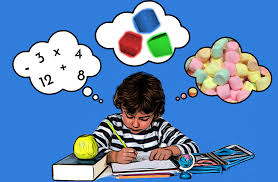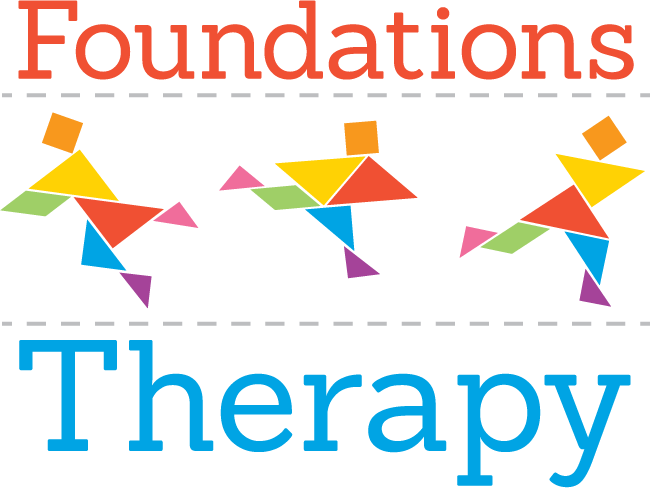Executive Functioning is all of those tasks your brain performs to think, act, and solve problems. These higher level cognitive skill are developed in the frontal lobe. This portion of the brain actually continues to grow and develop until the age of 25! Executive functioning skills are vital in order to function in daily life and become independent. When Executive Functioning is impaired, we cannot think, act, and solve problems. Without executive functioning skills, you can’t function at your optimal level, and you’ll be less likely to participate with others.
Two Areas of Executive Functioning:
There are two areas of Executive Functioning that we monitor:
- Setting a goal and going after it: this includes having a target, problem solving how to get there, and using planning, organizing, time management, working memory, and meta cognition to accomplish the goal
- Guided behavior: this includes response inhibition, emotional control, sustained attention, task initiation, and flexibility
How impaired Executive Functioning can impede skills:
Let’s take a look at each of these areas more closely to see how impaired executive functioning can impede the skills:
- Planning: creating a road map to complete a task or reach a goal; making decisions on levels of importance
- Organization: keeping track of the information you need to complete a task
- Time Management: knowing how much time you have and being able to use the time given to complete the task
- Working Memory: holding information in your mind while performing a complex task
- Meta Cognition: the ability to stand back, look at the big picture, observe how to problem solve, self monitor, and self evaluate
- Responsive Inhibition: thinking before you act
- Emotional Control: self regulation; the ability to manage your emotions in order to meet your goal or complete a task
- Sustained Attention: attending to a task even if you’re tired, bored, or distracted
- Task Initiation: knowing how to start something; flexibility to change plans
- Goal Persistence: finishing a goal by staying on task and seeing it through to completion
- Emotional Control: self regulation; ability to manage your emotions in order to meet your goal or complete your task
How therapy can help:
Our therapists are trained to help with a wide variety of behaviors due to a lack of executive functioning. If your child is struggling with any of the following things, we can help them increase their skills and become successful in these areas:
- Behavior outbursts
- Making/keeping friends
- Poor self esteem
- Internal motivation
- Self regulation
- Structured activities
- Completing tasks on time
When Executive Functioning is impaired, we cannot think, act, and solve problems. Foundations Therapy is here to help. We will work with your child to set a goal, breaking it down into manageable steps, and complete the task or behavior.
Do you think Executive Functioning therapy may help your child? Give us a call, and let us help you decide if Occupational Therapy would benefit your child and family.



